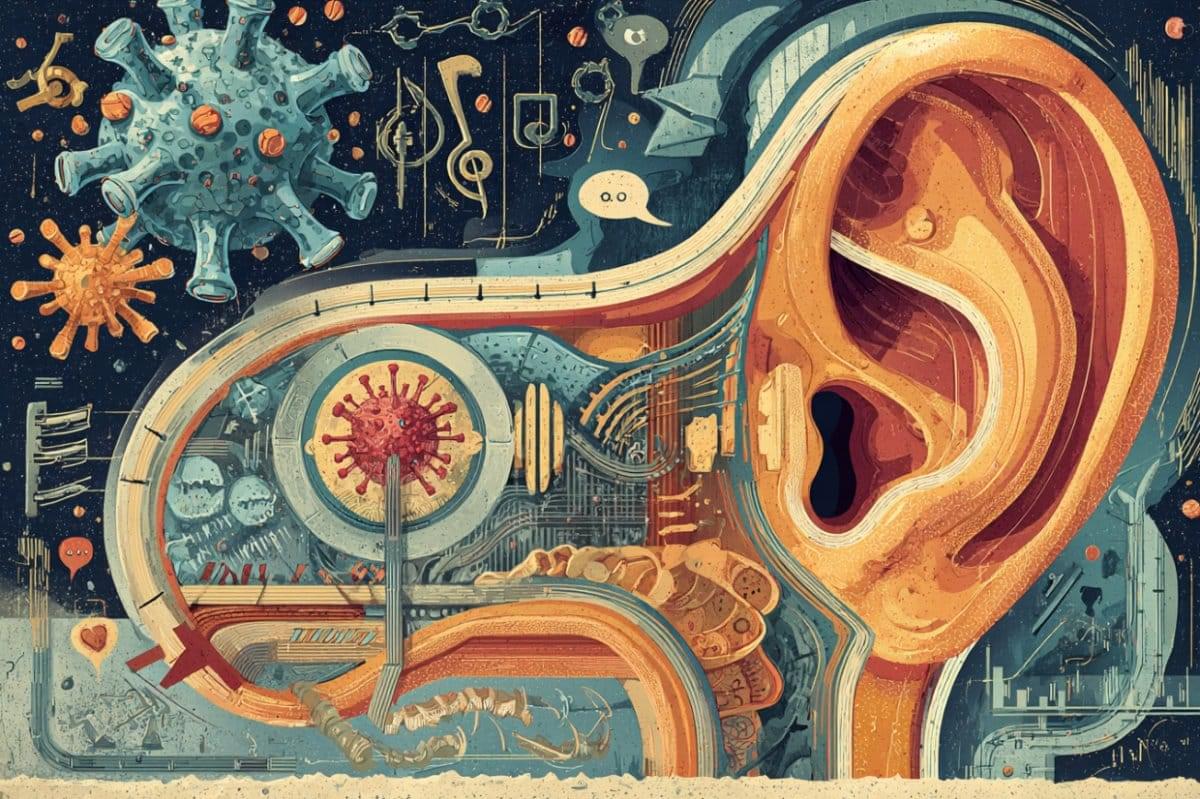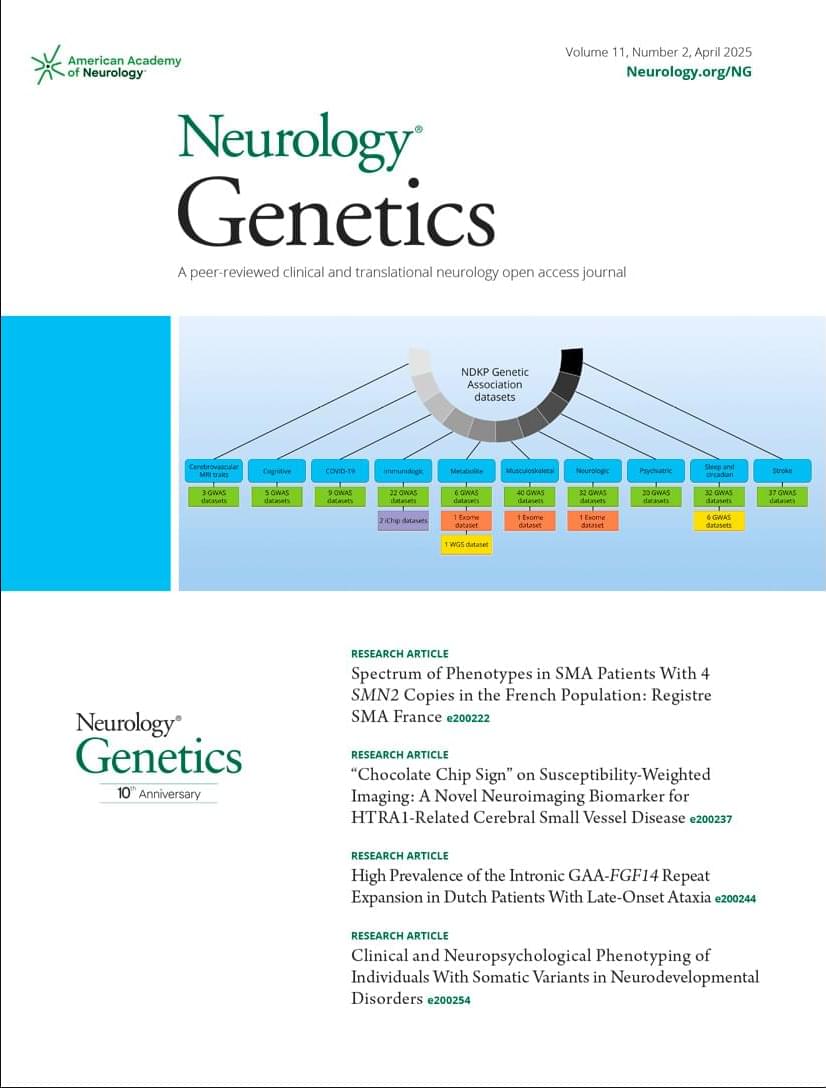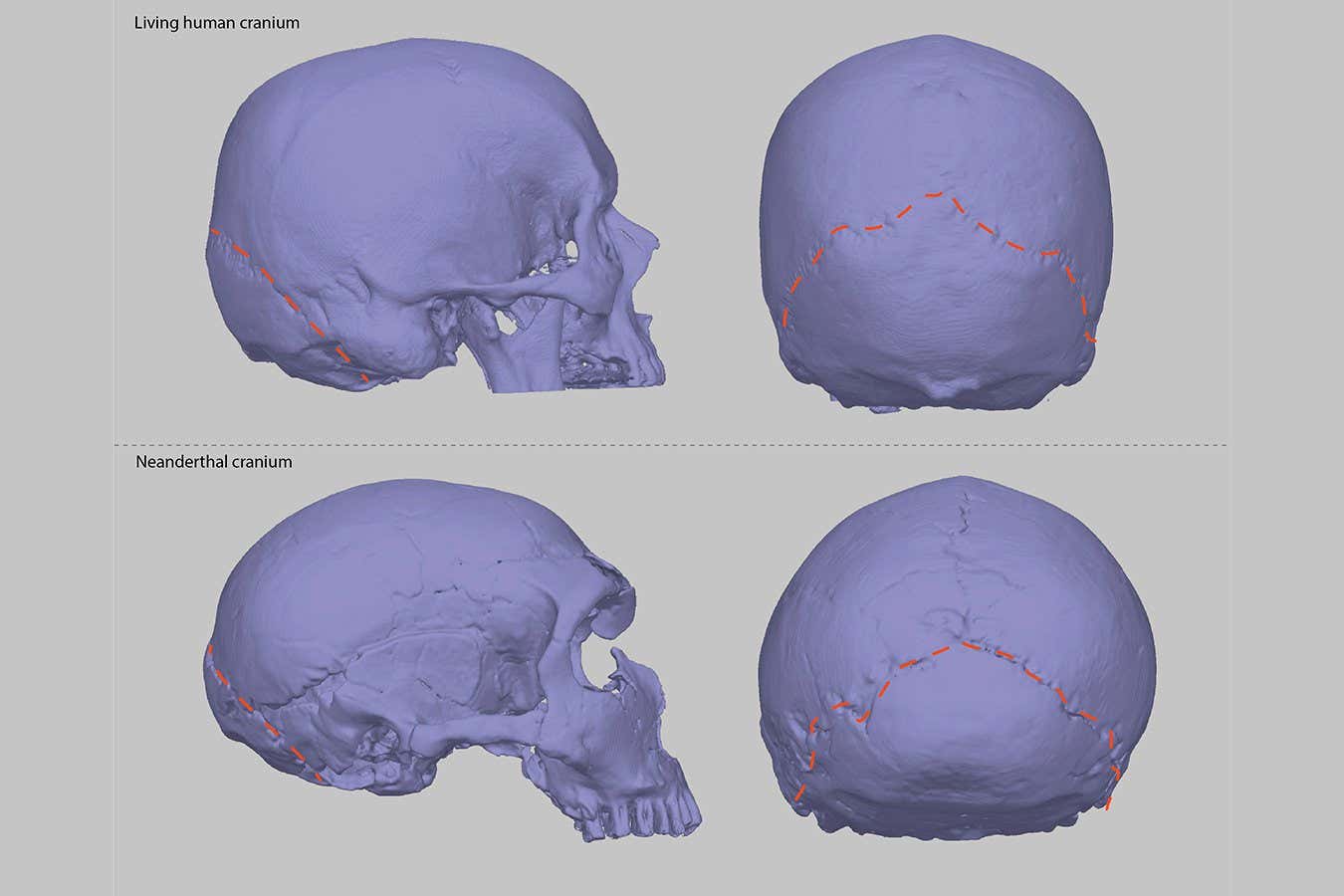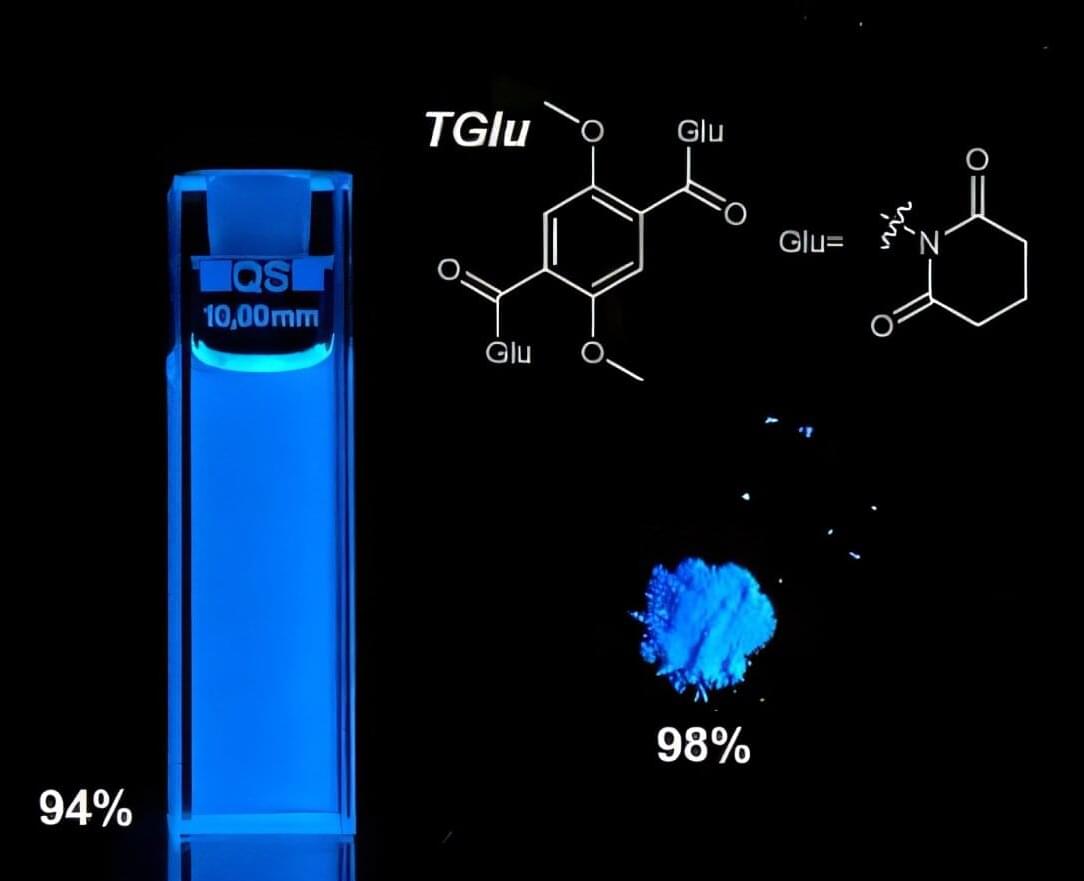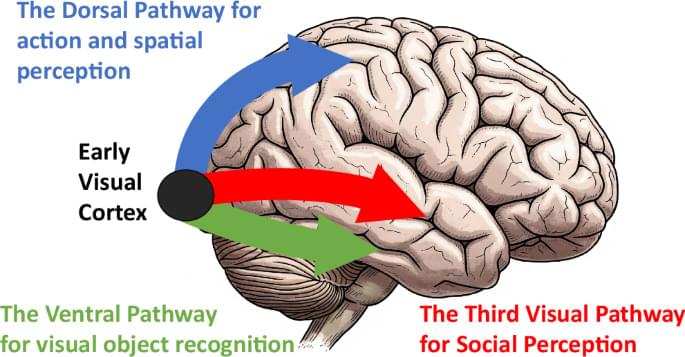Mechanism of sphingosine mediated tumor suppression.
Both sphingosine and ceramide suppress tumor growth, but the molecular details of this regulation are currently unclear.
Sphingosine-like compounds bind to their target proteins and trigger structural changes that activate PP2A (the protein phosphatase 2A (PP2A) scaffold (PPP2R1A)) and inhibit the importins (KPNB1, TNPO1, IPO7, IPO5).
Together, these actions disable proteins that drive cancer initiation and progression (e.g., YAP, JUN, MYC, the androgen receptor, hnRNPA1, NF-κB, and ribosomal proteins) by triggering their proteasomal degradation and/or inhibiting their nuclear import.
Together, these pathways elicit more robust effects than activating PP2A or inhibiting importins individually.
The effect of endogenous sphingosine on these oncoproteins is limited by its metabolic conversion into ceramide or sphingosine-1-phosphate. https://sciencemission.com/Sphingosine-simultaneously-inhibits

